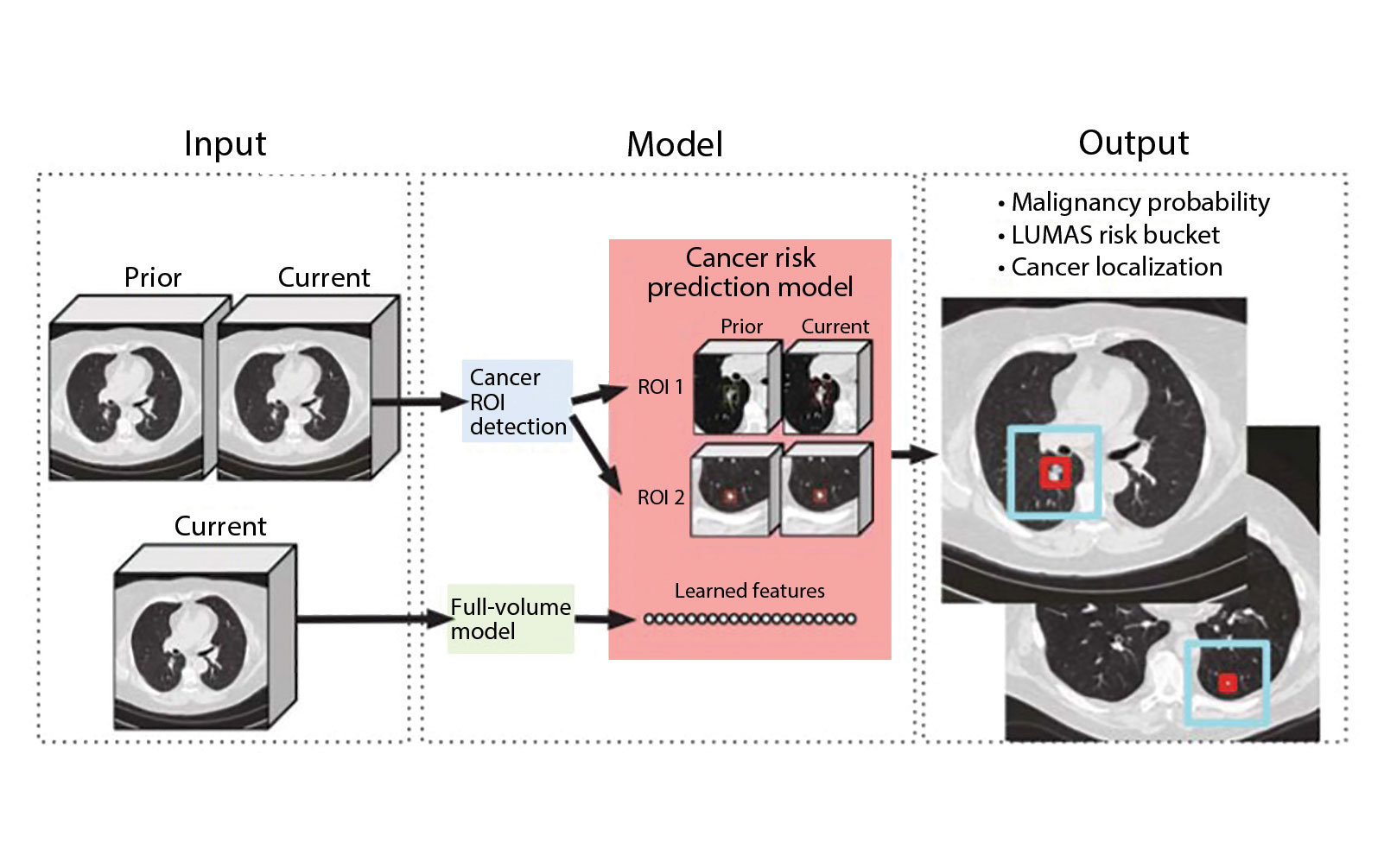
AI-Powered Algorithms Revolutionize Cancer Detection: Enhancing Accuracy, Speed, and AccessibilityAI-Powered Algorithms Revolutionize Cancer Detection: Enhancing Accuracy, Speed, and Accessibility In the realm of healthcare, the convergence of artificial intelligence (AI) and medical advancements is transforming our approach to disease detection and management. AI-powered algorithms have emerged as groundbreaking tools in the early detection of cancer, offering significant improvements in accuracy, speed, and accessibility. Enhanced Accuracy Traditional methods of cancer detection rely heavily on manual analysis of medical images, a process prone to human error and inter-observer variability. AI algorithms, on the other hand, are trained on vast datasets of medical images and can identify subtle patterns and anomalies that may be overlooked by human eyes. This enhanced precision enables the detection of tumors at an earlier stage, when treatment options are more effective. Increased Speed AI algorithms can analyze medical images in a matter of seconds or minutes, significantly reducing the time it takes to detect cancer. This lightning-fast processing allows for rapid diagnosis and intervention, reducing the risk of disease progression and improving patient outcomes. Improved Accessibility AI-powered algorithms have the potential to make cancer detection more accessible to patients in remote or underserved communities. By leveraging cloud-based platforms and mobile applications, these algorithms can be deployed to areas with limited access to healthcare professionals and specialized equipment. Specific Applications AI algorithms are being used in various medical imaging modalities to improve cancer detection, including: * Mammography: AI algorithms can assist radiologists in identifying breast cancer with higher sensitivity and specificity, reducing the need for biopsies. * Computed tomography (CT) scans: AI algorithms can detect lung cancer nodules at an earlier stage, leading to improved survival rates. * Magnetic resonance imaging (MRI): AI algorithms can enhance the detection of prostate cancer, helping to guide treatment decisions. Benefits to Patients and Healthcare Providers The adoption of AI-powered algorithms in cancer detection offers numerous benefits to patients and healthcare providers: * Earlier detection: Improved accuracy and speed of detection enables the early diagnosis of cancer, increasing the chances of successful treatment. * Reduced uncertainty: AI algorithms provide more definitive and objective results, reducing diagnostic uncertainty and the need for invasive procedures. * Improved patient outcomes: Early detection and more precise diagnosis lead to better treatment plans and improved patient outcomes. * Increased efficiency: AI algorithms streamline the cancer detection process, freeing up healthcare providers to focus on patient care and other complex tasks. Conclusion AI-powered algorithms are revolutionizing the field of cancer detection, enhancing accuracy, speed, and accessibility. These advancements have the potential to transform the early detection and management of cancer, leading to improved patient outcomes and a reduction in disease-related mortality. As AI technologies continue to evolve, we can expect even greater advancements in this critical area of healthcare.
Posted inNews